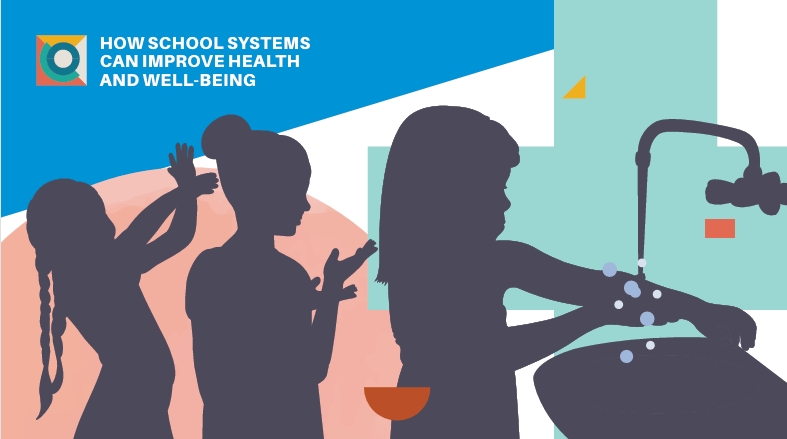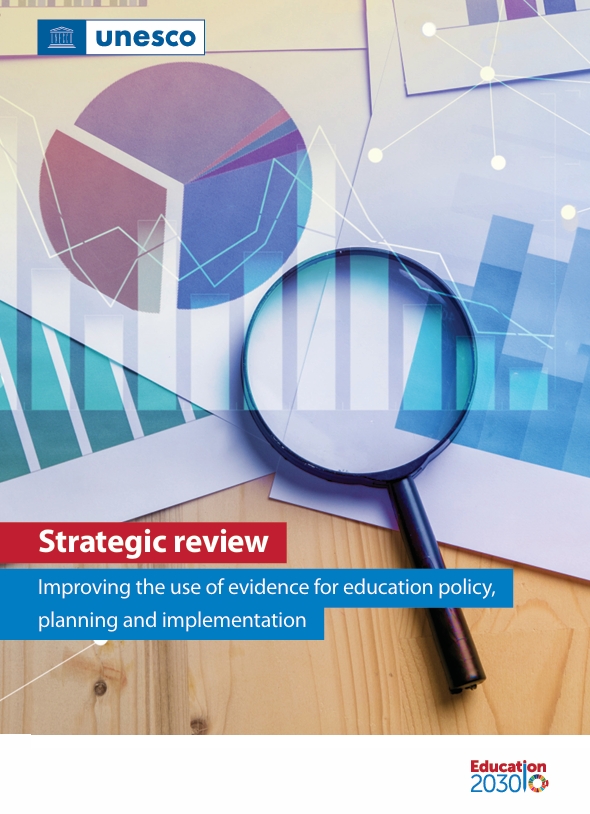Background
Schools play a key role in providing safe, nurturing learning environments that provide the foundation for learners to grow, learn, and become healthy, educated, and engaged citizens.
What is a health-promoting school?
Health-promoting schools (HPS) are schools with strengthened capacity to be healthy settings for living, learning, and working. HPS reflect a whole-school approach, comprising healthy school policies, curricula, environments, communities, and health services. A comprehensive school health programme aims to make every school a health-promoting school, which can be achieved by building health-promoting education systems. A health-promoting education system is one that, through intentional, planned actions, institutionalizes health promotion in all its functions, i.e., governance of the educational process and its content, resource allocation, educators' professional development, information systems, and performance management.
What is new?
Although the concept of HPS was introduced by WHO many decades ago, the aspiration of fully embedded, sustainable HPS within educational systems is yet to be achieved; few countries have implemented HPS at scale. To fulfill the vision of "making every school a health-promoting school", United Nations agencies collaborated on developing global standards for HPS and systems, implementation guidance, and case studies from low- and middle-income countries. These evidence-informed resources are intended to be used by national education, health, and associated sectors to strengthen their school health programmes in order to build health-promoting education systems.
Why are water, sanitation, and hygiene (WASH) important for learners’ health and well-being?
Access to safe drinking water, clean toilets, and hand-washing facilities are essential in schools to ensure that learners are healthy, grow, and become better educated. Globally, too many learners do not have accessible, inclusive, functional WASH facilities in their schools, and lack of access to clean drinking water and appropriate toilet and hygiene facilities are leading contributors to child morbidity and mortality. Inadequate WASH facilities in schools are associated with higher rates of infectious illnesses such as gastrointestinal and urinary conditions (e.g., diarrhea, constipation, incontinence) and contribute to psychological distress, poor growth, and poor neurocognitive development. Infectious diseases associated with poor WASH include not only diarrheal diseases, but also skin, eye, and respiratory conditions, including COVID-19. Improving WASH not only benefits health in the short term but may also reduce future risk of infectious disease outbreaks and long-term disabilities such as blindness due to trachoma or hearing impairment due to otitis media. Access to adequate WASH facilities is a fundamental human right and a Sustainable Development Goal (SDG).






